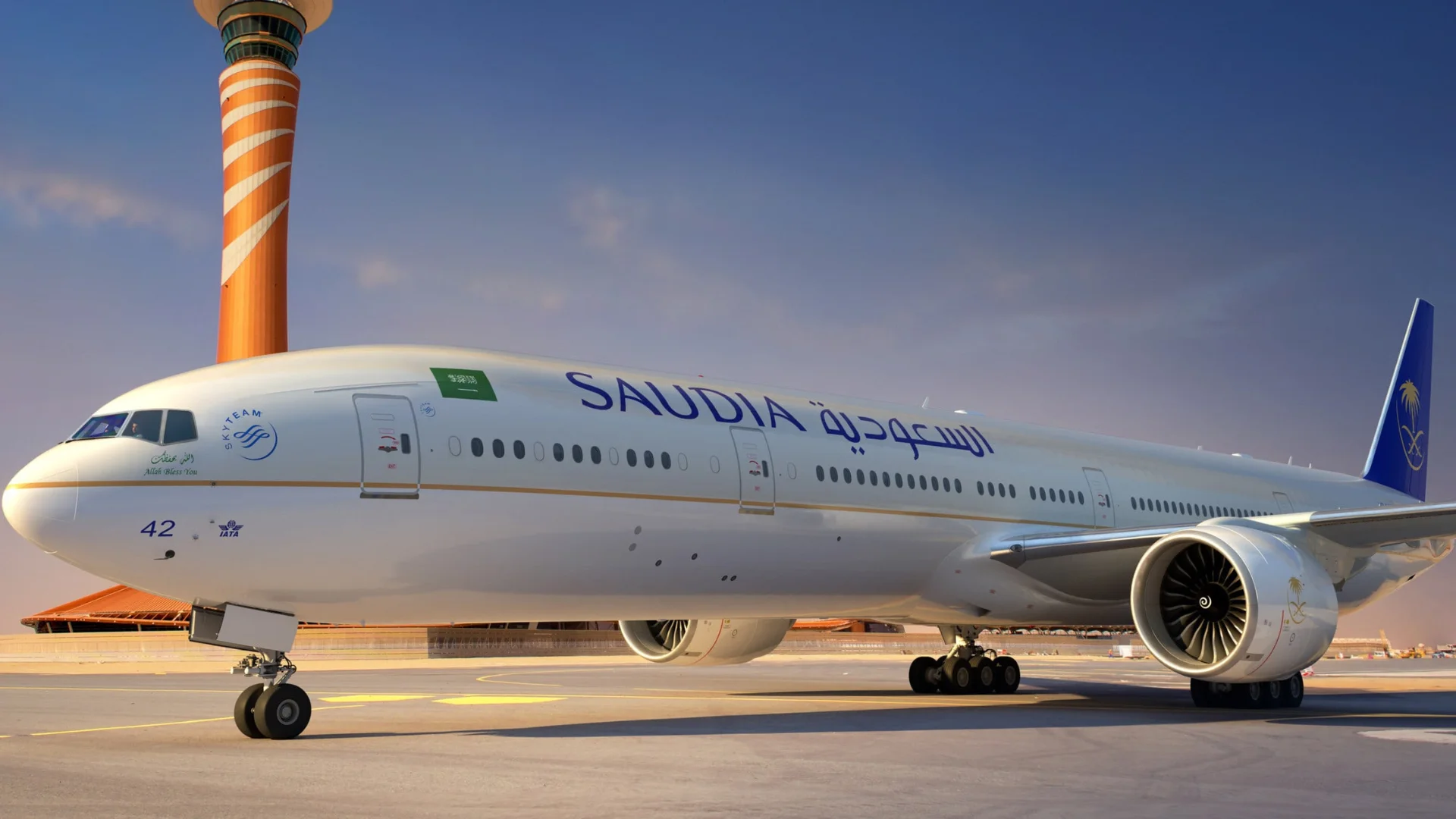Speaking at the Warwick Economics Summit, Wizz Air CEO József Váradi described recent supply chain issues as "horrific." His remarks followed a previous announcement that Wizz Air's growth plans had been hindered due to grounding a significant portion of its Airbus A320neo fleet. These aircraft use engines from Pratt & Whitney, an American manufacturer facing challenges affecting airlines globally.
At the end of last year, Wizz Air stated it would ground about 40 Airbus A320neo planes through 2026 due to ongoing engine problems. However, the airline expects to return to growth in 2026 with new deliveries of 50 Airbus A321neo planes, potentially increasing seat capacity by approximately 20%.
In 2023, concerns arose over powder metal issues on the PW1100G-JM turbofan engines. The manufacturer warned that up to 350 planes might require inspections through 2026.
 Alerts Sign-up
Alerts Sign-up








